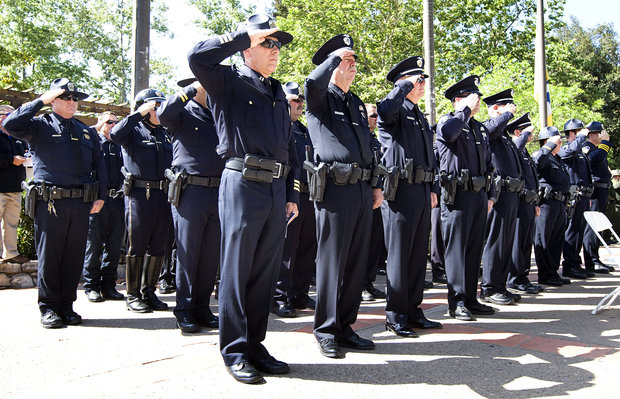A fourteen year old boy and a group of gang members, in which they have mistook him as a rival gang member. In this case this incident shows that surveillance cameras are very important. The fourteen year old boy that was shot and killed, was later identified as Roberto Duran. According to his family, friends and neighbors he was very loved by the community. Salvador Duran, which is Roberto’s father, said that “his son was loved by a lot of people and that his life is torn up”. He was a very good student in school, very active and was very involved in computers and soccer. The shooting took place in Chicago, during the summer of 2006. The suspects of the gang, were later caught and put in prison (thanks to the surveillance cameras) that were put there. ‘Camera on Every Corner’: Protection or Invasion? author is (Horng)
Also another of couple really good reasons to have surveillance cameras is, when people commit robberies you can play the surveillance video and it makes it easier to track them down in order to catch them. The other good reason is, when police officers have a dash cam and they pull someone over it always records you. So if the officer or the person pulled over is in the wrong, it will show the true side of the story in court. Also the dash cams give the officers a really good benefit, if you are wanted for drug trafficking, a DUI or a warrant out for your arrest etc., the dash cam will allow them to go back in the video get their license plate number, track you down and get you. For all of these reasons I think having surveillance cameras are a good and an important thing. Surveillance Cameras Win Broad Support -author is (Litzerman)
Many people say that this is a privacy issue, instead of protecting us. These surveillance cameras in fact do protect us to an extent. They protect us by, if an individual is causing any kind of harm to people or the environment, the cameras make it a lot easier to identify them. A really good example of having these surveillance cameras around is, for the tragedies of the Boston and the London marathon bombing; as (Michelle Littman) put in her article. Since these cameras made it possible to identify the individuals that did the bombing, the police had more than enough evidence to arrest them. These are some of the excellent reasons why having surveillance cameras are a good thing. Surveillance cameras are put around to protect you not to invade your privacy. 21st century policing: policy shifts after the deaths of Michael Brown and Eric Garner -author is (Harris)
For the surveillance cameras in London, the British have jumped from 1 million to around 5 million. London’s surveillance network, known as the “Ring of Steel,” is said to have aided in the capture of suspects, including those accused of a pair of attempted car bombings in June. London: City Under Surveillance. (Surveillance Cameras). Several U.S. cities are doing just that. New York plans to blanket Manhattan with 3,000 cameras by 2010. Baltimore is expanding its current network of 500 cameras as well. And Miami, Los Angeles, and Chicago are looking to fold private sector cameras into their systems. author is (Horng)
A) Horng, Eric. “‘Camera on Every Corner’: Protection or Invasion?” ABC News. ABC News Network, 29 July 2007. Web. 29 July 2007.
B) Litzerman, Michelle. “Surveillnce Cameras.” ABC News. ABC News, 29 July 2007. Web. 29 July 2007.
C) Harris, Davin. “Robot Check.” Robot Check. Amazon, 28 Oct. 2015. Web. 17 Sept. 2016.
D) News, ABC. “London: City Under Surveillance.” ABC News. ABC News Network, 29 June 2007. Web. 17 Sept. 2016





